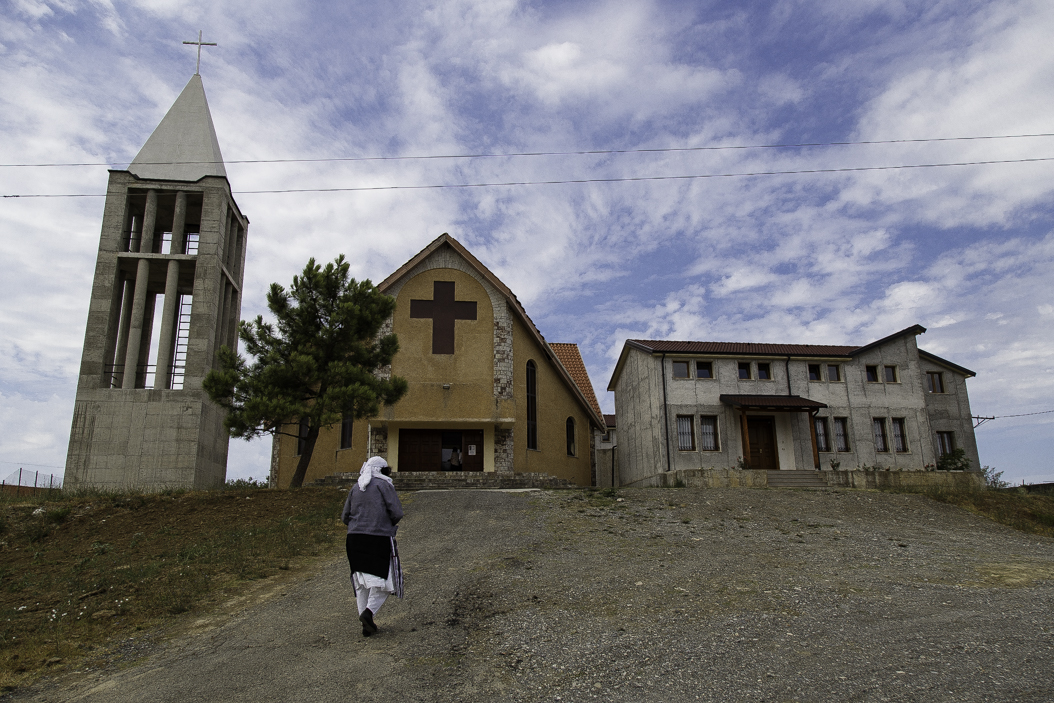
SHKODER – It was 1991 when two ships with tens of thousands of Albanians landed first in Brindisi and then in Bari, on the Italian coast. Desperate, fleeing a collapsing country and looking for a better life.
To understand the causes of that historical event, which has remained engraved in the memory of the Italians, we must start from the Second World War, when Albania was first invaded by the fascist army under the order of Mussolini, on 7 April 1939, and then by Nazi troops under Hitler’s orders in 1943.
In November 1944, however, the advance of the Red Army in the Balkans and the strong resistance of the Albanian partisans, united in the National Liberation Movement, decreed the liberation and abandonment of the country by the Germans.
A provisional government was established led by the one who was then secretary of the Communist Party, which later became the Party of Labor of Albania, and who will soon become a dictator for more than forty years, Enver Hoxha.
On December 2, 1945, political elections were held that consolidated the rise to power of the Communists with the foundation of the People’s Republic of Albania on January 10 1946 and the adoption of a Soviet-type constitution.
From the very first period, the impact of Marxist ideology, interpreted in its own way by Hoxha, was a succession of imprisonments, torture and executions, 101-year sentences, prison and labor camps.
All political opponents, clan leaders, members of former governments, intellectuals, noble and bourgeois families were eliminated. Their family members were interned or arrested and all assets and property were confiscated and became public property.
Many, denounced as “Enemies of the People”, were indicted with false confessions made under torture, evidence built ad hoc by Sigurimi (then the secret police) or sometimes by false testimony.
There was also a rage against religious, Catholics and a real persecution of the clergy who represented, at that time, a large part of Albanian culture. Furthermore, they were linked to the Vatican; a big problem for those who pursued the isolation of the nation and above all atheism.
After the break with Tito’s Yugoslavia and the death of Stalin, his idol, Hoxha entered into good relations with Mao’s China and the consequence was a replica of the so-called Chinese cultural revolution in Albania.
In fact, in 1967, he declared Albania the first country in the world where state atheism was inscribed in the constitution. Article 37 read: “The state does not recognize any religion and supports atheist propaganda to inculcate the scientific-materialist vision of the world”.
Most of the churches were destroyed, those few priests still alive were removed or imprisoned, while many religious buildings were transformed into various structures such as cinemas, clubs, warehouses etc.
In 1977 a new article was added to the Albanian Constitution, article 55 which established imprisonment from three to ten years for religious propaganda, production, distribution or storage of religious writings.
People could neither speak of religion, nor celebrate any religious rite or even assign religious names to their children.
Hoxha will die in 1985, after which the regime will collapse a few years later, at the beginning of the 90s, carrying on its shoulders a real genocide of the clergy, the destruction of a culture and the oppression of people who have seen the rise of democracy as the darkness of the dictatorship fell.
2017 was a particular anniversary for Albanian Catholics, 50 years have passed since 1967 which saw Albania conquer a rather singular primacy, that is, to become the only country in the world to have had the persecution of atheism written in its constitution.
The Vatican has recognized 38 martyrs in Odium Fidei who in 2016 were beatified by Cardinal Angelo Amato in the cathedral of Shkoder, with the authorization of Pope Francis.


Devi accedere per postare un commento.